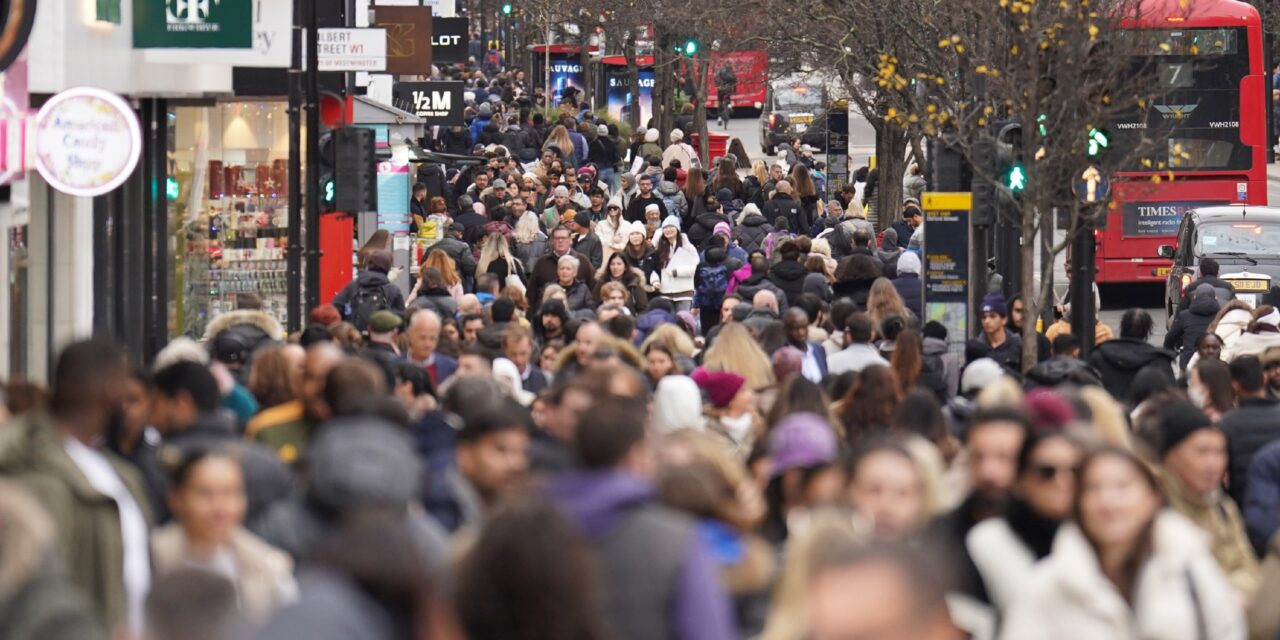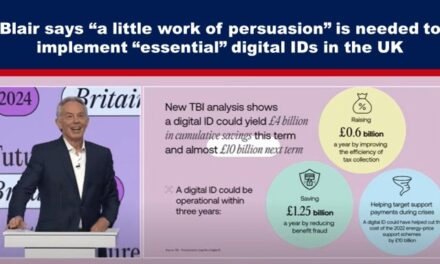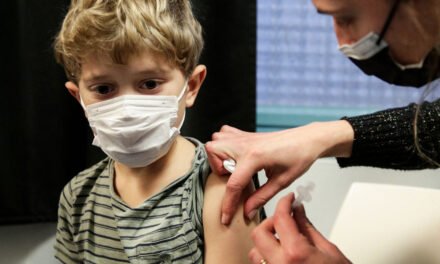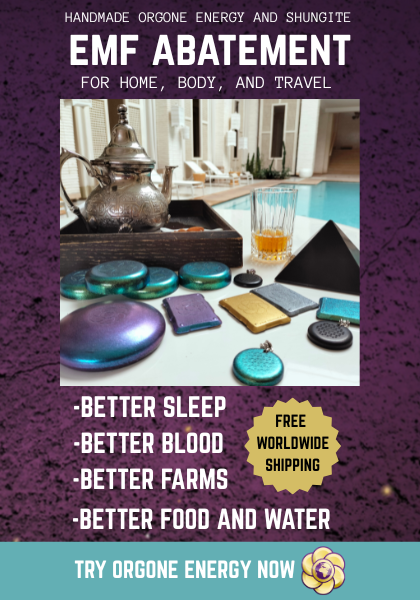Brits are cold, hungry, struggling to get medical care this winter amid the cost of living crisis, according to a new survey.
Almost a quarter of adults have not been able to ‘keep comfortably warm’ in the two weeks before they were surveyed, according to the Office of National Statistics (ONS).
As many fear running out of money to buy food, around one in 5 adults reported eating smaller portions and food past its use by date.
The information was compiled by the ONS’ new Winter Survey, which questioned people on the impact of pressures on adults in Great Britain during the colder months from November, 22 to December, 18 2022.
The analysis exploring how different groups of people are being affected by cost of living increases and difficulty accessing NHS services found people suffering from depression were more likely to report struggling with access to the essentials of everyday living.
Energy bills
As energy prices spike amid soaring inflation and Russia’s Ukraine invasion impacting global markets, growing numbers of people are reported feeling unable to afford to avoid the cold.Almost a quarter of adults (24%) reported they were “occasionally, hardly ever, or never” able to keep comfortably warm in the past two weeks.
This jumped to 41% of people who pay their energy bills using prepayment or “top-up” meters.
Among respondents experiencing moderate to severe depression, the number of those wo reported being unable to keep warm was 44%.
Food costs
Around 1 in 7 (15%) adults reported being “somewhat, or very, worried” their food would run out before they had money to buy more.
A quarter of parents with children living at home were likely to report this.
Among different ethnic groups, the response was higher for “Asian” (26%) and “other ethnic group” (46%) respondents.
More than two-thirds (70%) of those who ran out of food in the two weeks before being surveyed and said they couldn’t afford to buy more, also reported being occasionally, hardly ever, or never able to keep comfortably warm.
Around one in 5 adults said they were eating smaller portions (18%) and ate food past its use by date (18%).
This was higher for parents with dependent children where 20% said they were eating smaller portions and 22% said they were eating food past its use by date.
Adults with diabetes were more likely to eat in this way (26% and 24%, respectively), as were adults experiencing “moderate to severe” depressive symptoms (35% and 33%, respectively).
Hospital appointments
Around 1 in 5 (21%) adults reported waiting for a hospital appointment, test, or to start receiving medical treatment through the NHS.
For 29%, this was having a strong negative impact on their lives, with disabled adults and people experiencing moderate to severe depression symptoms more likely to report this (37% and 48% respectively).
Among employed or self-employed adults who were waiting for NHS treatment, 39% reported that the wait had affected their work.
26% of people said this reduced their working hours with 7% going on long-term sick.
How much more can hospitals take?
GP appointments
Almost a quarter (23%) of adults who needed to see a GP in the past month reported not being able to get an appointment.
Again, it was adults experiencing moderate to severe depression symptoms among those more likely to report this (30%).
The ONS added the analysis was not able to determine, for instance, whether having to spend less on food and essentials causes depression symptoms – or whether adults with existing depression symptoms are spending less on food and essentials.
Source Link: https://www.itv.com/news/2023-01-30/britain-cold-hungry-and-miserable-new-figures-show
Bitchute: https://www.bitchute.com/channel/YBM3rvf5ydDM/
Telegram: https://t.me/Hopegirl587
EMF Protection Products: www.ftwproject.com
QEG Clean Energy Academy: www.cleanenergyacademy.com
Forbidden Tech Book: www.forbiddentech.website













